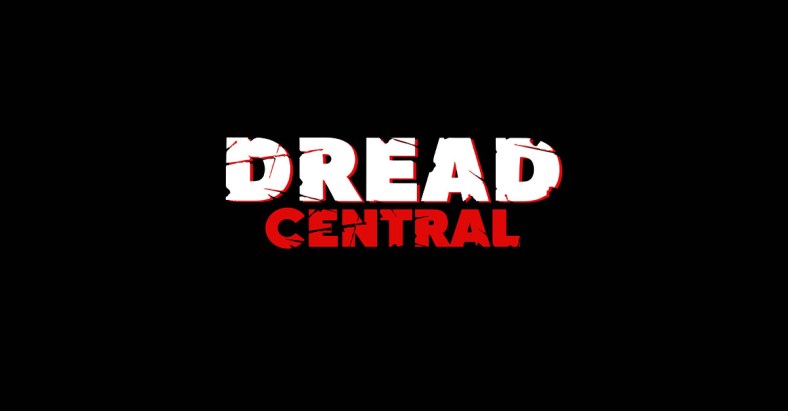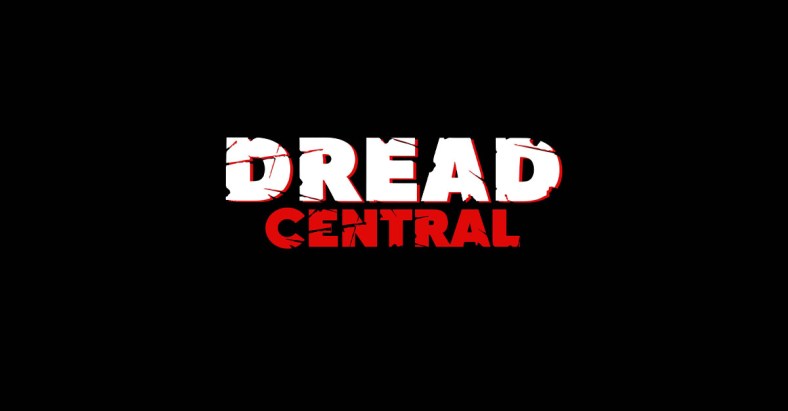Exclusive: Composer Alec Puro Discusses His Score to Netflix’s Post-Apocalyptic Series BLACK SUMMER

Black Summer fans, the wait is finally over! After numerous production delays due to the pandemic, Season 2 of the series is now streaming on Netflix.
Related Article: Netflix’s Official BLACK SUMMER Season 2 Trailer is Here!
The show may be called Black Summer, but this time around they are firmly in winter. Months after the beginning of the zombie apocalypse, this season will follow our antiheroes as they try to navigate this new world order, as well as the dangers of the cold.
Synopsis:
Winter comes with cold-blooded new challenges during the zombie apocalypse as frantic scavengers and violent militias battle the dead and desperate.
Created by Karl Schaefer and John Hyams, the zombie-thriller series stars Jamie King, Justin Chu Cary, Kelsey Flower, and Christine Lee. Adding to the show’s intensity is the score by composer Alec Puro (Netflix’s The Crew, Hulu’s The Mighty Ones), for which he describes as a very dark, atmospheric, electronic soundscape type of sound. In the below exclusive interview, we spoke with Puro more in-depth about his creative process for bringing musical life to Black Summer.
Also Read: Exclusive: Cinematographer Jimmy Matlosz Discusses the Look of the Survival Horror Film F.E.A.R.

Dread Central: Black Summer is based in the Z Nation universe. Were you familiar with that series before starting work on Black Summer? Or go back and watch any of the episodes to see what it was about?
Alec Puro: I was familiar with Z Nation but had only watched an episode or two before starting on Black Summer. To my knowledge, Black Summer was originally loosely based in the Z Nation world, but quickly became its own thing.
DC: You have been friends with Black Summer creator, John Hyams for a long time before working on the show. Because of this, do you think he trusted you more to experiment with the score?

AP: Definitely, I have known John since I was about 13! He is such an amazing person and creator and we share a lot of the same sensibilities when it comes to music in film and TV. Because of this, we are very in sync when it comes to talking about and creating music for the show. John definitely gives me a lot of freedom to experiment and come up with new themes and ideas for the series.
DC: How would you stylistically describe your score for Black Summer?
AP: Black Summer has a very dark, atmospheric, electronic soundscape type of sound. I try and create a more minimalistic atmospheric/ambient sound which I feel really helps enhance what’s happening on screen. I work very closely with the sound designers on the show to create a seamless soundscape between the score and sound design that doesn’t distract from what’s happening in any given scene but enhances everything in a realistic and terrifying way. The score and sound design become one at many points which really helps build the anxiety and danger in a scene. Since the show is so engaging on its own, my goal with the music is to support and enhance that tension or anxiety in a scene without being distracting or even sometimes noticing there is any music at all.
DC: Can you talk about the end credit theme for Season 1. Was your goal to be very dark and gritty with this?
AP: The end credits for each episode in Season 1 and now Season 2 feature a different full piece of score from that episode or another. When I begin each Season, I start very early on in the process by experimenting with different sounds, theme ideas, and writing full pieces before I actually see or score to picture. These pieces are usually pretty long so when it comes to implementing some of these ideas to the picture they usually become a lot shorter or take a totally different form. Each end credit uses a different one of these full theme pieces which gives the ending of each episode its own unique feel.
DC: There are a lot of zombie shows out there, what do you think sets Black Summer apart from all those?
AP: Black Summer has a very filmic, naturalistic, documentary feel that other shows in this genre don’t have. The long takes and handheld camera shots give the series a very realistic and intense feel. At the end of the day, Black Summer is not really a story about zombies but a human story about survival and what lengths people will go to in order to survive.
DC: How did COVID affect your work on Season 2?
AP: When Covid hit we were luckily already in post on the first half of Season 2. Since they couldn’t continue filming the last few episodes at that point, we really dug in on what was already shot and completed post on all the episodes we could.
DC: Which episode in Season 2 did you enjoy scoring most? Why?
AP: I really enjoyed scoring episode 207. There’s a lot of music in that episode which gave me the opportunity to really build upon different themes I had created in previous episodes as well as create new ones specifically for 207. Some of the scenes are really long with minimal to no dialog, so it’s always a fun challenge to delicately build the tension and anxiety in a scene over a long period of time without distracting from what’s happening on screen or becoming repetitive.
DC: You also score Hulu’s animated series The Mighty Ones (Season 2 being released July 1st), which is the complete opposite type of show than Black Summer. It is easier or harder to score something completely different simultaneously?
AP: I really enjoy mixing things up stylistically and bouncing between different projects, it keeps things fresh for me. Since both these shows have such different sounds and there is no overlap musically at all, it makes scoring them simultaneously a really fun process.

Categorized: Interviews News
